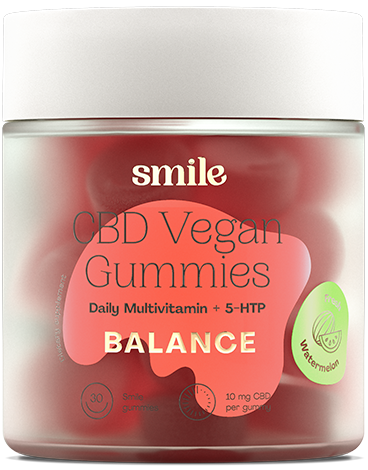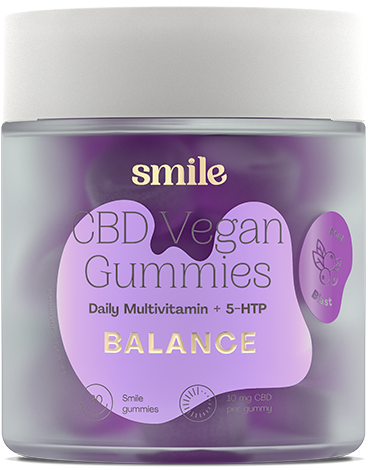While both omega-3s and omega-6s are in the family of polyunsaturated fats, omega-6 fats seem to live in the shadow of their celebrity sibling, omega-3s. It’s a curious phenomenon, considering most U.S. Americans eat way more omega-6 fats than they do omega-3s. Today, however, omega-6s are finally getting the recognition they deserve for their benefits to heart health and overall wellness.
Like omega-3 fatty acids, omega-6s are good for the heart and body. We mainly get this essential nutrient from vegetable oils, as opposed to fish, seeds and nuts, which are rich in omega-3s. Both fatty acids benefit the heart by promoting good cholesterol and reducing risk factors for heart disease, but omega-6s provide some unique health benefits all their own.
For one, omega-6 fats keep the body’s blood sugar levels in check. They do this by improving the body’s sensitivity to insulin. Insulin is a hormone whose main job is allowing glucose in the blood to enter cells. Cells need this sugar for energy to carry out vital functions. Insulin therefore plays a key role in keeping your blood sugar levels from getting too high or too low.
New research is beginning to overturn many of the misconceptions surrounding omega-6 fats. For a long time, health experts believed omega-6 fats would lead to an increase in another fatty acid called arachidonic acid. Arachidonic acid is a building block for other molecules that can cause blood clots, constrict blood vessels and arteries and promote inflammation.
Now, however, we understand that very little of the omega-6s we consume, even if we consume too much, ends up being converted to harmful arachidonic acid. And we’ve realized that eating omega-6 fats either don’t change markers of inflammation or actually reduce them. In short, omega-6s are important for a healthy heart, just like omega-3s. Analyses of multiple studies and randomized trials have found that replacing saturated fat with polyunsaturated omega-6 fats reduces the risk of heart attacks and reduces heart disease rates.
Still, health experts say they believe that omega-3 and omega-6 fats should be in the proper ratio in our diets. It’s becoming increasingly hard to maintain that proper balance, due to diets high in vegetable oils and low in sources of omega-3s. And that skewed ratio could be one of the worst things about the Western diet. The solution isn’t to cut back on omega-6s, however. It’s to increase your intake of omega-3s to bring both fats back into balance, roughly a 4:1 to 1:4 ratio of omega-6 to omega-3 fats.
Resources
No need to avoid healthy omega-6 fats — 2019
Omega-6 Fatty Acids and Risk for Cardiovascular Disease — 2009


